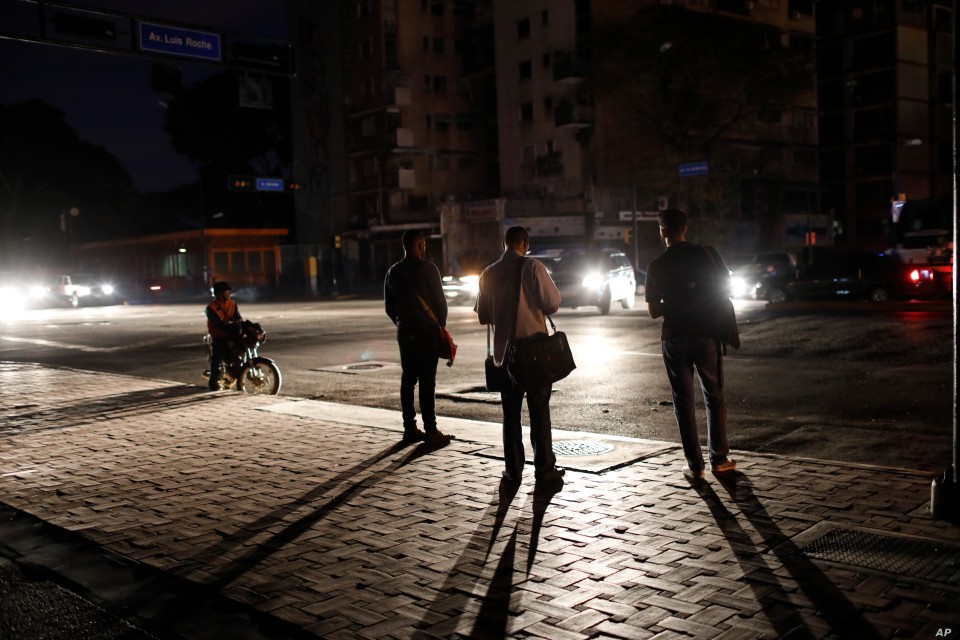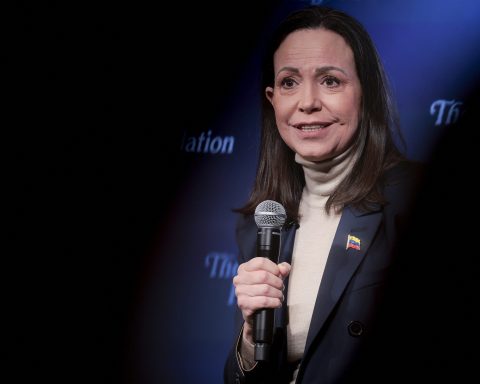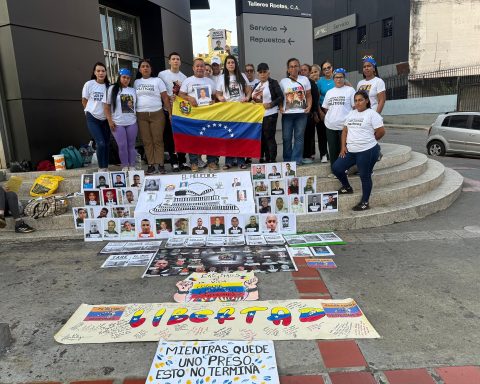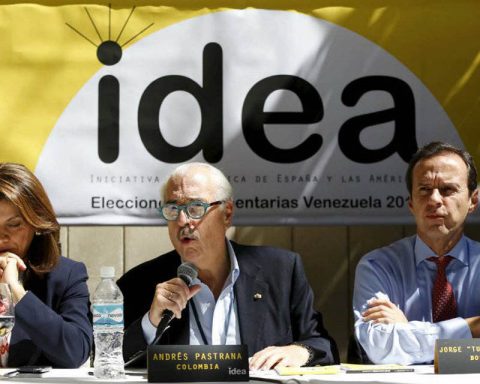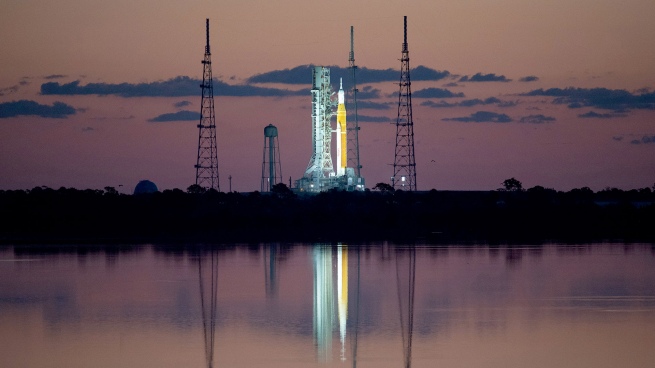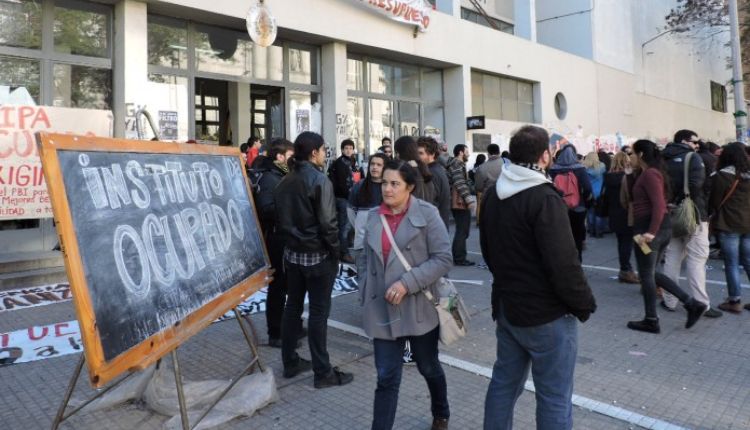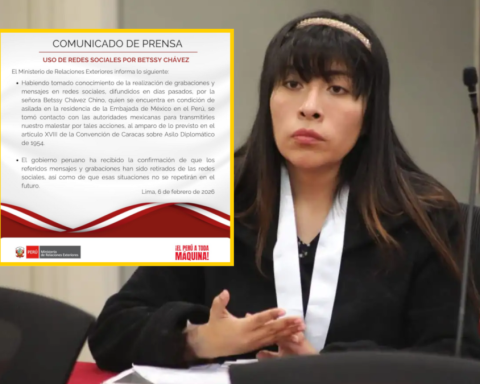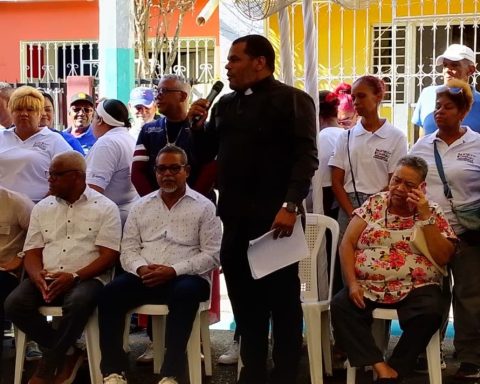Aixa López, from the Committee of People Affected by Blackouts, recalled that this situation of electrical failures in Venezuela “has an impact on users and their quality of life.” In addition, it also affects other goods and services such as water, the economy and recreation.
The president of the Committee of People Affected by Blackouts, Aixa López, reported that as of August 2022, a total of 87,178 power failures have been registered in Venezuela.
López highlighted that the most affected entity is Zulia, with some 19,810 failures, followed by the Andean states and Nueva Esparta. The lack of electricity is maintained with some intermittence, which can range from one to two hours.
The Committee points out that although there are no blackouts in Caracas, the Venezuelan capital is affected by fluctuations, also known as dips, and they can be several times a day.
The councilor recalled that this situation of electrical failures in Venezuela “has an impact on users and their quality of life.” In addition, it also affects other goods and services such as water, the economy and recreation.
“There is no electricity, the points of sale do not work and cash is an issue here. The comfort for the citizens has been lost”.
He also highlighted that the main problem in the country is hydroelectric, because in the Simón Bolívar plant, better known as Guri, there are turbines that are not working due to lack of spare parts. “We are concerned that they are fixing a problem in thermoelectric generation, but we have a problem in hydroelectric generation. Mainly in Guri, which provides 80% of the country’s electricity”.
In July, the Venezuelan Observatory of Public Services (OVSP) indicated that during the first half of the year the electricity service was negatively valued by 62.4% by the citizens consulted in 12 cities in the country, with San Cristóbal being the worst perceived with 92.4% rejection; followed by Mérida (89.4%) and Maracaibo (77.3%).
According to agency report Bloombergthe German company Siemens signed contracts with the administration of Nicolás Maduro to work in the gas and diesel generation facilities that serve the capital Caracas, as well as those that supply electricity to the infrastructure used by the oil industry.
With information from Time
Post Views:
257
